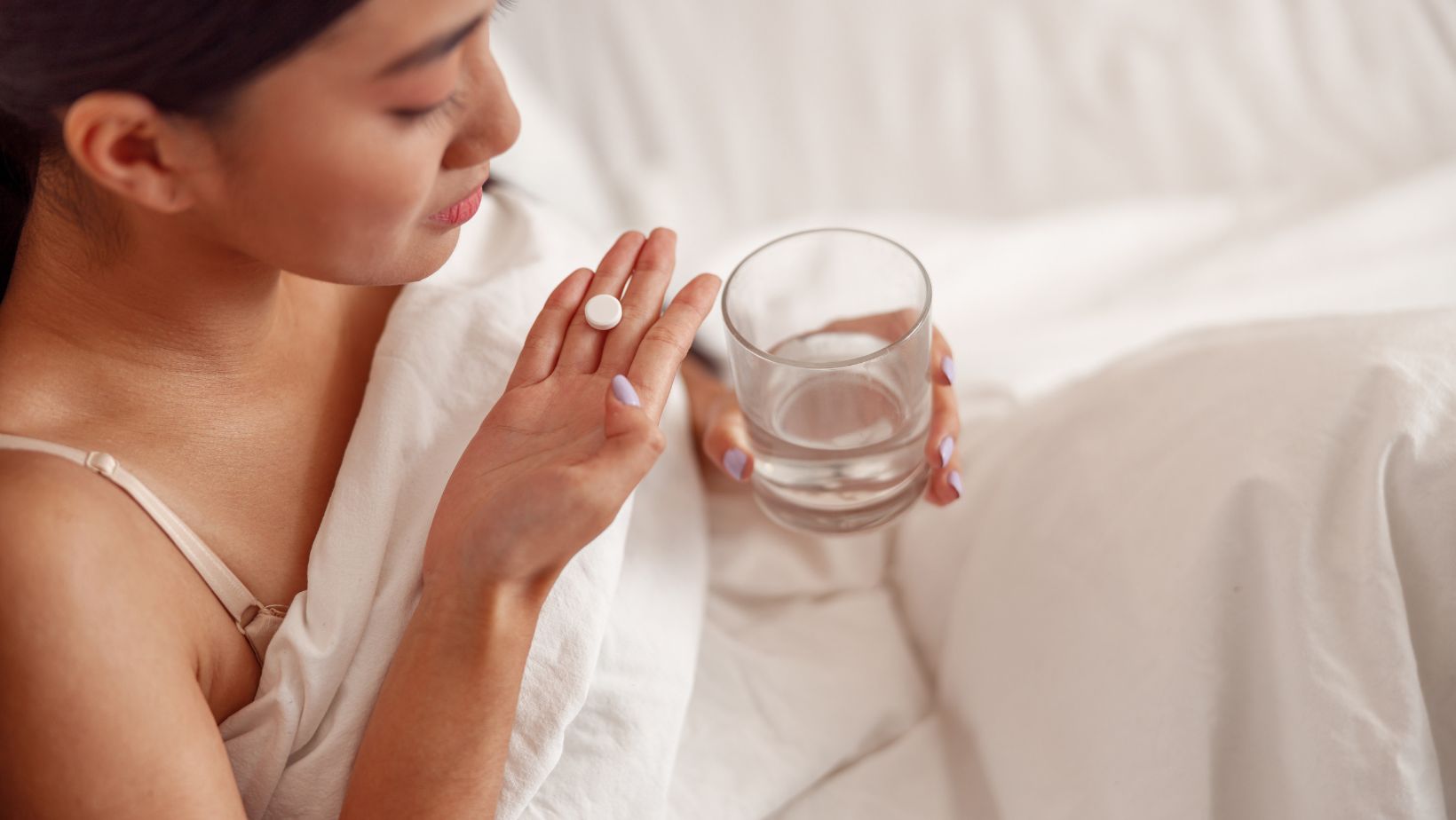
Can You Take Melatonin and Benadryl Together
Melatonin and Benadryl are both commonly used as sleep aids, but they work in different ways. Melatonin is a hormone that helps regulate the sleep-wake cycle, while Benadryl is an antihistamine that can cause drowsiness as a side effect. Many people wonder if combining these two medications can enhance their sleep quality. In this article, I’ll delve into the potential risks and benefits of taking melatonin and Benadryl together, so you can make the best choice for your sleep needs.
Finding the right sleep aid can be a challenge, especially when there are so many options available. If you’re considering taking melatonin and Benadryl together, it’s important to understand how these medications interact and whether it’s safe to combine them. In this article, I’ll provide you with the information you need to know about the potential risks and benefits of using melatonin and Benadryl in combination. By the end, you’ll have a clearer understanding of whether this combination is right for you.
Potential Interactions Between Melatonin and Benadryl
Similarities and Differences Between Melatonin and Benadryl
Melatonin and Benadryl are both commonly used as sleep aids, but they work in different ways. Melatonin is a hormone that helps regulate the sleep-wake cycle. It is naturally produced by the body’s pineal gland in response to darkness and helps to signal to the body that it’s time to sleep. On the other hand, Benadryl is an antihistamine that blocks the effects of histamine, a chemical in the body that can cause symptoms like itching, sneezing, and watery eyes.
While melatonin is available over the counter as a dietary supplement, Benadryl is an over-the-counter medication that is typically used to relieve allergy symptoms. Both melatonin and Benadryl can cause drowsiness, which is why they are often used as sleep aids. However, it is important to note that the mechanisms by which they induce sleep are different.
Possible Side Effects of Taking Melatonin and Benadryl Together
Taking melatonin and Benadryl together may increase the sedative effects of both substances. This can lead to an increased feeling of drowsiness and may impair your ability to perform tasks that require mental alertness, such as driving or operating heavy machinery. It is important to exercise caution when using these medications together, especially if you are new to taking them or if you have a history of drowsiness or dizziness.
Some potential side effects of taking melatonin and Benadryl together include:
- Increased drowsiness: This can make it difficult to wake up in the morning and may leave you feeling groggy throughout the day.
- Impaired coordination: The combination of these medications can affect your balance and coordination, increasing the risk of falls or accidents.
- Dry mouth and throat: Both melatonin and Benadryl can cause dryness in the mouth and throat, which can be uncomfortable.
- Difficulty concentrating: Taking these medications together can lead to difficulty focusing or concentrating on tasks.
- Increased heart rate: In some cases, melatonin and Benadryl may cause an increase in heart rate, which can be concerning for individuals with cardiovascular conditions.
It is important to consult with your healthcare provider before combining melatonin and Benadryl, as they can provide personalized advice based on your medical history and any other medications you may be taking. They can also help monitor for any potential interactions or side effects.

Understanding the Recommended Dosages of Melatonin and Benadryl
To maximize the benefits and minimize the risks of taking melatonin and Benadryl together, it is crucial to understand the recommended dosages for each medication.
Melatonin is typically recommended in low doses, ranging from 0.3 to 5 milligrams, taken about an hour before bedtime. It’s important to start with the lowest effective dose and adjust as needed under the guidance of a healthcare professional. Taking excessive amounts of melatonin can lead to side effects such as daytime sleepiness, dizziness, and confusion.
On the other hand, Benadryl is available in different strengths, including 25 milligrams per tablet. It is typically used for its antihistamine properties, but it can also cause drowsiness. When taking Benadryl as a sleep aid, it’s important to follow the recommended dosage instructions provided on the packaging or as directed by a healthcare professional. Taking more than the recommended dose can intensify sedative effects and increase the risk of side effects such as dry mouth, blurred vision, and urinary retention.
Remember that the recommended dosages of melatonin and Benadryl may vary depending on factors such as age, weight, and individual response. Working closely with a healthcare professional will ensure that you are taking the appropriate doses for your specific needs.














